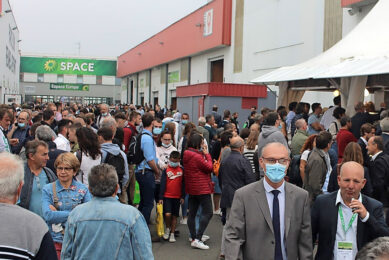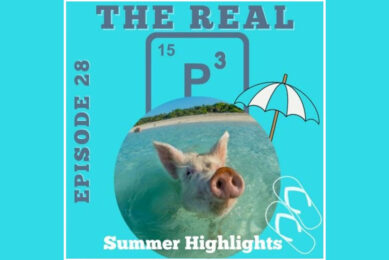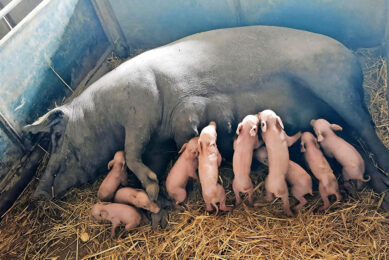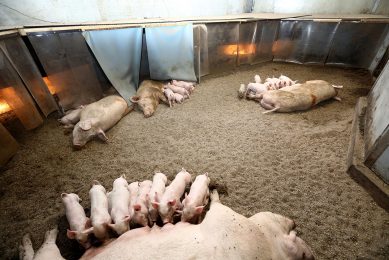Free Farrowing is not a matter of “when” but “how”
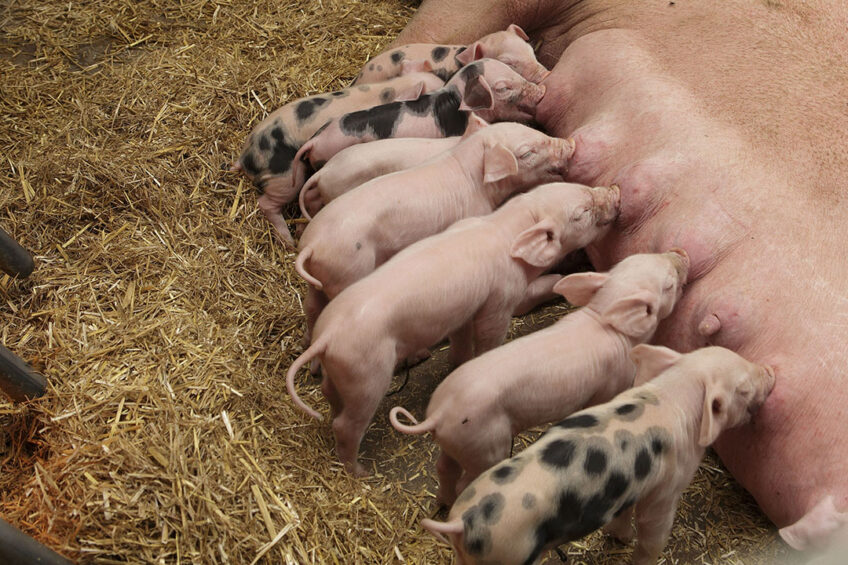
In the European Union, the issue of “free farrowing” has gone beyond being a matter of choice. The question is more: how to make it happen? Matters like those were discussed at the recent digitally held workshop, with expert presence from all over the world.
The workshop “Freedom in Farrowing and Lactation 2021” was held 12-13 August, 2021 and was attended by 50 scientists and industry personnel from over 20 countries in Europe, Asia-Pacific and North America.
Christian Fink Hansen, director of the SEGES Danish Pig Research Centre highlighted how the development has gone from “if,” to “maybe,” and eventually now the issue has arrived at the “how?” question. In Denmark, he added, it is a given that Danish lactating sows will be kept loose as well as indoors during lactation. Solutions, he said, must be based on research to ensure robust systems.
Across countries as well as scientists throughout Europe, he said, there is a growing understanding of how complex a transition towards loose lactating sows is. That has to be considered by policy makers in the future legislative process of the ”End the Cage Age” initiative to ensure science-based decisions.
Complex challenge to meet needs for sustainability
Professor Johannes Baumgartner, University of Veterinary Medicine, Vienna, Austria, outlined the complex overall challenge of changing systems to meet all environmental, societal and financial needs. Challenges at specific feature level include both housing design and management, he said: how to enable nest building, is short-term confinement allowed or not, what space should be available for sows, how to optimise work conditions and how to manage large litter sizes?
Prof Sandra Edwards, Newcastle University, UK, summarised the workshop, saying: “A highly coordinated collaboration amongst scientists is needed to solve these issues. This has to involve environmental, technical, social and animal science, as well as an essential close collaboration between scientists, pig producers and farm equipment companies.”
Sharing knowledge around free farrowing
Various countries have already made the transition to free farrowing, Sweden being one of them. Mattias Espert is chairman of the Swedish Pig Association. He said, “Successful progress will need knowledge sharing at all levels. I and my Swedish colleagues, who already have loose farrowing, can share our lessons learned during transition.”
He summed up that the Swedish market opportunities were misjudged in the past, and the pig production in Sweden decreased from 14,000 producers in 1990 to 1,000 producers in 2021.
 Welfare expert Dr Irene Camerlink also zoomed in on
Welfare expert Dr Irene Camerlink also zoomed in on
the future of free farrowing in her recent Expert Opinion
Workshop participants concluded, that knowledge exchange must include both scientific results and practical experiences on having loose sows, motivation for staff to change to higher welfare systems, piglet mortality in different pen systems, how to provide nest building materials, emissions from pens and much more. Awareness of the pros and cons of existing systems will help others decide on a new system.
3 Countries dealing differently with free farrowing
At the 1st day of the workshop, Sweden, Denmark and Germany explained 3 national situations, with Sweden having loose housing of lactating sows as a legislative requirement for many years, Denmark having loose housing as a voluntary strategy decided upon by the pig industry and Germany having recently decided for loose housing to be a legislative requirement.
Day 2 highlighted the wide range of current research activity. Common conclusions included that translating the practical evidence into training material is important and the aim needs to be to develop “check lists” for success. In addition, it was agreed upon that management is equally or even more important than the system chosen.
Issues around free farrowing that need addressing
Whilst many technical gaps still require further research, conclusions were that there are also important points to be addressed by society:
- Acceptance of temporary confinement may be necessary;
- New building permissions will be needed for larger facilities;
- Subsidy systems should be considered for compensating extra costs.
All workshop output can be found at the website of the ”Freedom in Farrowing and Lactation 2021.” The workshop was organised by the Friedrich-Loeffler-Institut, Germany; Scotland’s Rural College, UK; University of Veterinary Medicine, Vienna, Austria; and SEGES Danish Pig Research Centre, Denmark.


 Read also:
Read also:
